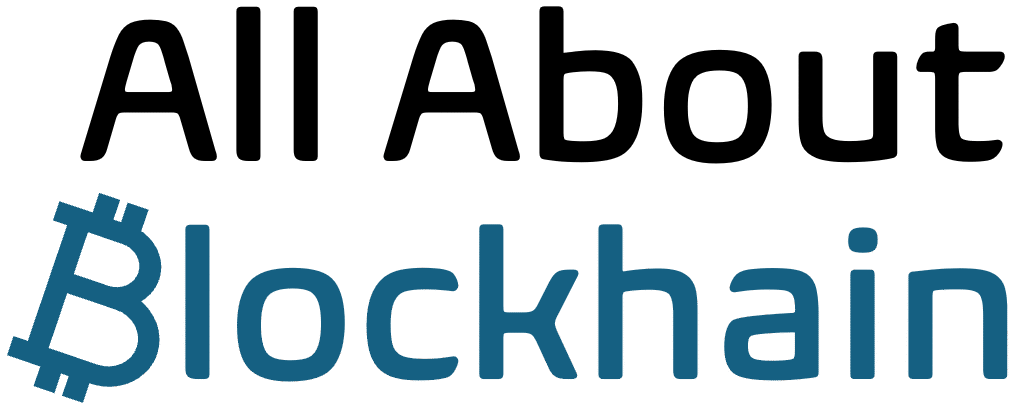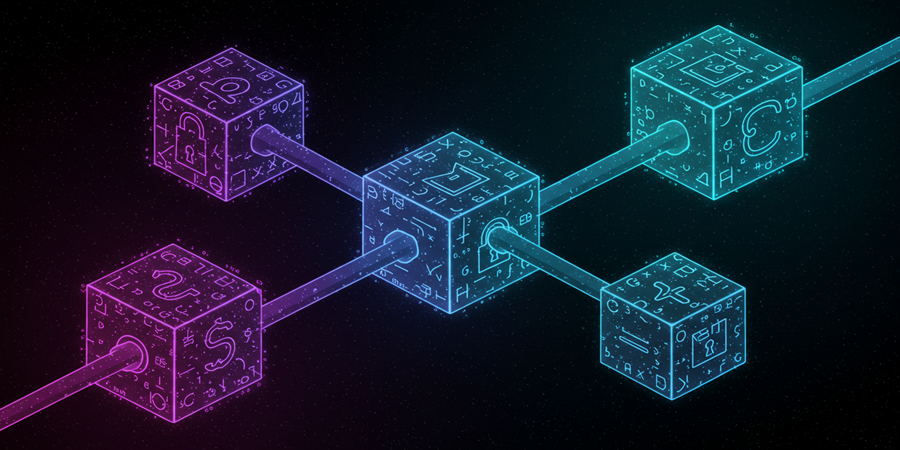This glossary covers the most essential blockchain terms to help you navigate and understand core blockchain concepts and conversations.
- Address
A unique identifier (usually a string of letters and numbers) representing a destination on the blockchain where crypto assets can be sent or received. It is derived from a public key. - Altcoin
Any cryptocurrency other than Bitcoin. Examples include Ethereum, Litecoin, and Cardano. - ASIC (Application-Specific Integrated Circuit)
A specialized hardware device optimized for performing a particular function, commonly used for mining cryptocurrencies using the Proof of Work (PoW) protocol. - Block
A collection of data—including a list of transactions—recorded and grouped together. Blocks are linked sequentially to form a blockchain, with each new block referencing the cryptographic hash of the previous one. - Blockchain
A decentralized digital ledger made up of a linked series of blocks, each containing transaction data that is transparent, immutable, and secured using cryptography. - Consensus
A mechanism by which network participants agree on the validity of transactions and the state of the blockchain. Common types include Proof of Work (PoW) and Proof of Stake (PoS). - Cryptocurrency
A digital or virtual currency secured by cryptography and typically used as a medium of exchange on blockchain networks. Examples include Bitcoin and Ethereum. - DApp (Decentralized Application)
An application that runs on a blockchain or peer-to-peer network, rather than a single centralized server. DApps are often open source and do not require intermediaries. - Fork
A change in the blockchain’s protocol that creates two diverging versions of the blockchain. A “hard fork” results in two permanently separate chains, while a “soft fork” introduces minor changes compatible with the existing chain. - Genesis Block
The very first block in a blockchain, from which all subsequent blocks are linked. Also referred to as Block 0. - Hash
A fixed-length alphanumeric string produced by a cryptographic hash function, used to uniquely represent data. Hashes are central to blockchain security and linking blocks together. - Immutable
A property of blockchain data: once information is written into a block and included in the chain, it cannot be altered or deleted without network consensus. - Ledger
A system that records all transactions on the blockchain. In blockchains, ledgers are typically decentralized and accessible to all network participants. - Miner
A network participant who validates transactions, bundles them into blocks, and adds those blocks to the blockchain. In Proof of Work blockchains, miners compete to solve complex cryptographic puzzles as part of the consensus process. - Node
Any computer or device that connects to a blockchain network to validate and relay transactions or maintain a copy of the ledger. Full nodes hold a complete record of the blockchain’s history. - Nonce
A value used only once in cryptography, often as a random or pseudo-random number. In mining, nonces are used in the process of finding a valid block hash. - Private Key
A secret cryptographic key that allows users to access and control their blockchain assets. Anyone with the private key can spend the corresponding funds. - Proof of Stake (PoS)
A consensus mechanism where validators are chosen to create new blocks and confirm transactions based on the amount of cryptocurrency they hold and are willing to “stake” as collateral. - Proof of Work (PoW)
A consensus mechanism in which network participants (miners) compete to solve complex mathematical puzzles. The first to solve it earns the right to add a new block and receive a reward. - Public Key
A cryptographic key linked to a private key that can be shared publicly. It’s used for receiving assets and for verifying digital signatures. - Smart Contract
A self-executing program or piece of code stored on the blockchain that automatically enforces predefined rules and actions when certain conditions are met. - Token
A unit of value issued by a blockchain project, used for purposes such as representing assets, voting rights, or utility within an ecosystem. Some tokens are fungible (interchangeable), others, like NFTs, are unique. - Wallet
A software or hardware application that stores your private and public keys, allowing users to interact with blockchain networks, view balances, and manage assets. Wallets can be hot (connected to the internet) or cold (offline for increased security). - NFT (Non-Fungible Token)
A type of blockchain token representing a unique asset, like a digital artwork or collectible, that cannot be exchanged one-to-one with other tokens because of its unique qualities.


